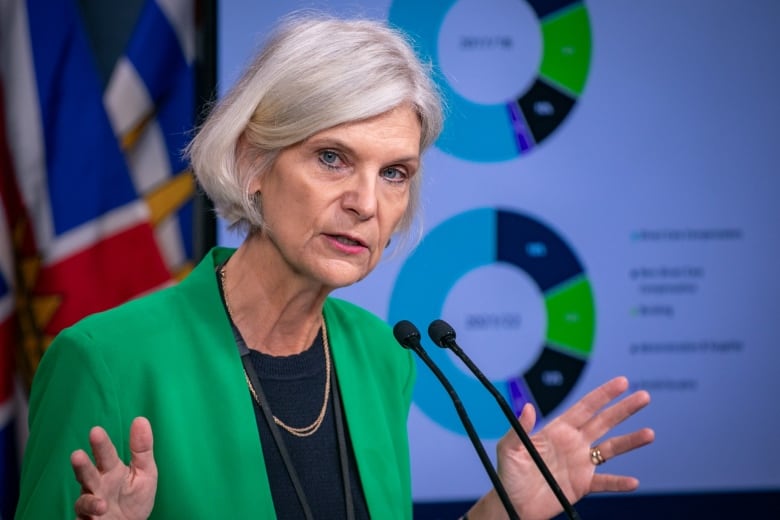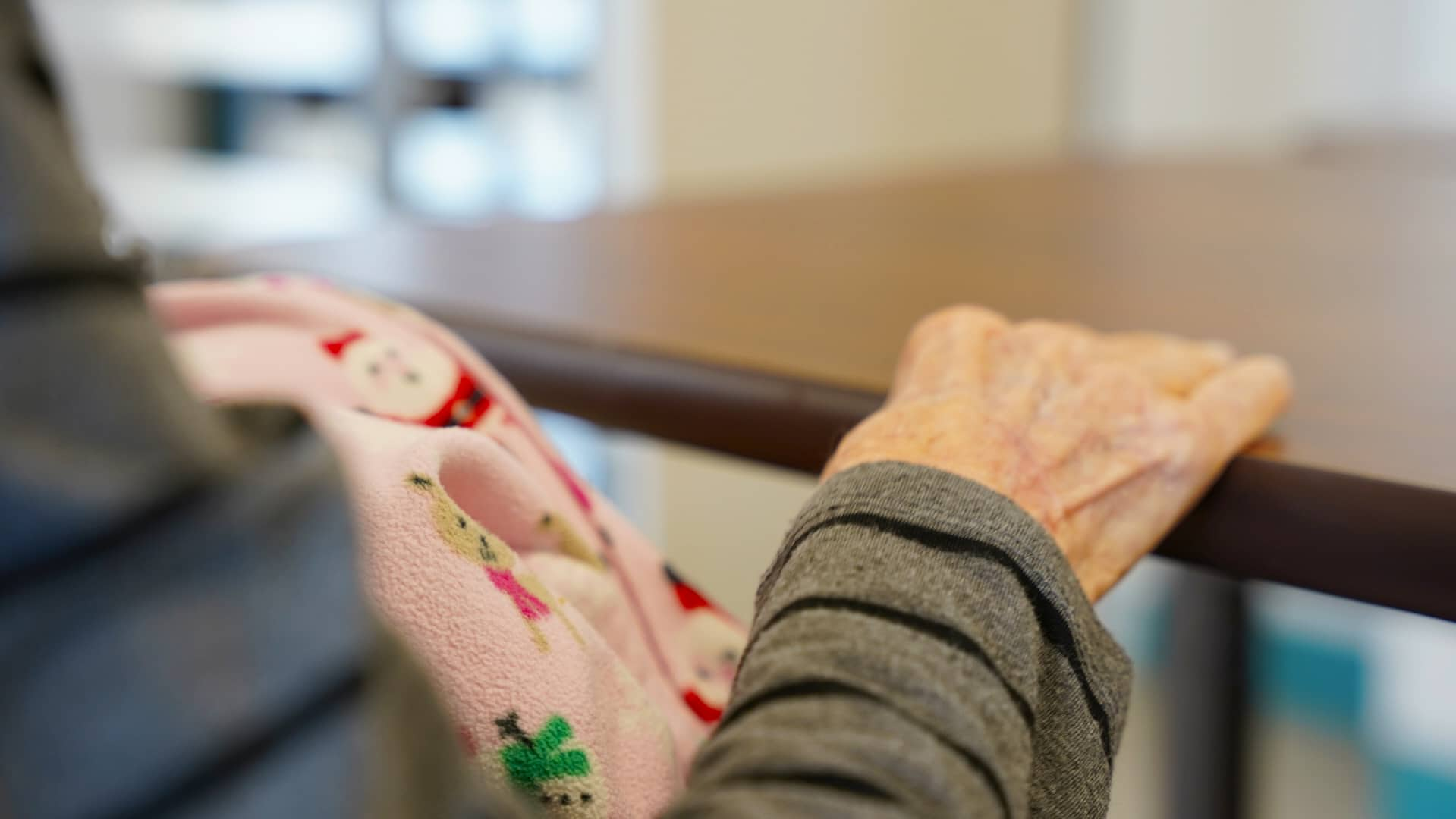
British Columbia is set to receive $733 million in new federal funding over the next five years to improve health care for the province’s seniors.
The funds will help expand home and community care, improve access to palliative and end-of-life services and improve the quality of long-term care, the federal and provincial health ministers announced Monday.
Federal Health Minister Mark Holland said it is the first agreement on aging with dignity in the country.
“We have an aging population, but we have to rise and meet that challenge,” he said during a news conference.
Holland said he has been working “very closely” with his B.C. counterpart, Adrian Dix.

“We see a strengthening of the safety and quality of long-term care generally in this agreement, and improvement to the quality of dementia care, increased access to palliative end-of-life care to people outside of hospitals, to personalize care, and to make sure there’s greater oversight,” he said.
The announcement by Holland and Dix in Vancouver marks the second major bilateral health funding deal between the two governments in four months.
It builds on a $1.2-billion deal announced in October that aims to improve how health information is collected, shared and used. A plan to streamline foreign credential recognition for internationally educated health professionals was also announced.
Dix told the news conference that the province is working to improve the health-care system, especially following the COVID-19 pandemic, which had a big impact on seniors.
He said there’s been a significant increase of elderly seniors in the province and the new agreement reflects the needs of society.
“You can see it in the changing demographics of our country and our province in particular,” he said.

Dix said life expectancy has improved in the province, which “is a great thing,” but it means services are also needed to keep up with the need.
The minister said the federal funds will be used “to make significant improvements to allow people to live longer at home and to make better preparation to go into long-term care, to improve … dementia care and also to invest in our workforce.”
Dix and Holland officially signed the agreement immediately after the news conference Monday.
More home care funds needed: seniors’ advocate
Isobel Mackenzie, the outgoing B.C. seniors’ advocate, says she hopes some of the funding goes to seniors who struggle to afford at-home care in the province.
She says that B.C. is one of the rare provinces that charges a co-pay for seniors when they access home care.
“If you are a senior receiving the Guaranteed Income Supplement, it’s true you don’t pay, but that’s a small portion. That’s 30 per cent of our seniors,” she told Michelle Eliot, host of CBC’s BC Today. “The cost barrier is real.”

Mackenzie said the cost barrier could be leading families to send their seniors to long-term care early.
“For those who are receiving [home care], the amount they’re receiving relative to what their condition would indicate they need, is falling far short,” she said.
“What that manifests itself into is people having to go to long-term care, perhaps earlier than they might otherwise need to, if they could get that support at home.”
A BC Today caller tells host Michelle Eliot that she’s had a “dismal” experience trying to arrange support for her husband, and the stress of it has negatively affected their life.
Mackenzie says she has been calling on the province to waive co-pays for home care for some time, and that the province needs to ensure people feel more supported to care for their loved ones at home instead.
She added, however, that the funding announced Monday recognized that B.C.’s population is aging rapidly and “extraordinary financial resources” would continue to be needed to meet the demand for seniors’ care going forward.
